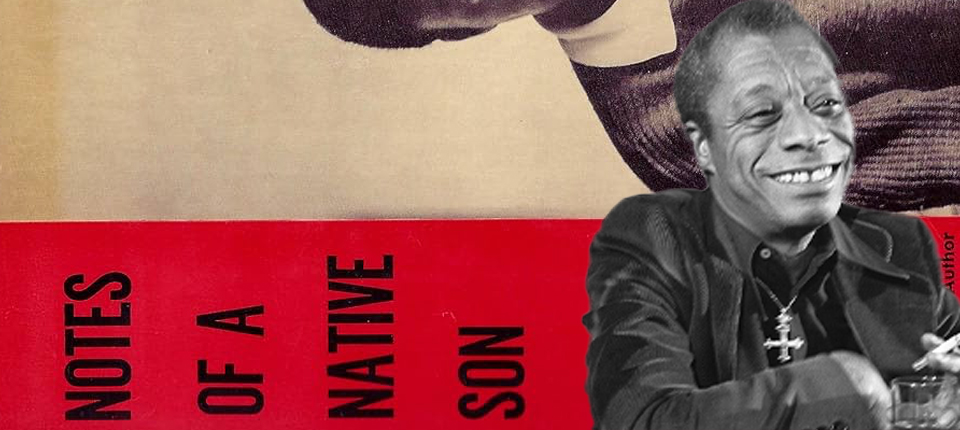It is 2022, and Phyl, after completing her university degree, has returned home to live with her parents in the quaintly named village of Rookthorne, from where she commutes to a zero-hours job at Heathrow Terminal 5. She is unclear about her future and initially not much interested when first Christopher Swann, an old Cambridge friend of her mum’s, then Swann’s adopted daughter, Rashida, come to stay.
Swann, whose special interest is the evolution of right-wing politics over the past generation or so, about which he blogs with defiance and alarm, is on his way to a conference at a nearby country house that has been organized by British TrueCon, a pressure group with links to “the most Trumpian extremes of the Republican Party”. He is braced for conflict with two of its luminaries: Sir Emeric Coutts, a fellow of her mother’s old college, and Coutts’s erstwhile protégé, Roger Wagstaff, whose think tank, the Processus Group, has a “hidden agenda” to deliver the NHS into the hands of American big pharma.
One of the many pleasures of reading Jonathan Coe derives from his skill in organizing a large cast of characters, whose activities can sound congested in summary, but never seem so on the page. The Proof of My Innocence, Coe’s fifteenth novel, is an excellent example. The prose strides along with a mature confidence, combining level-headed analysis and droll satire with a strong narrative drive as it both celebrates and investigates distinct fictional genres. The result is an intriguing whodunnit that marries literary/philosophical speculations about the nature of reality with a condemnation of recent right-wing shenanigans.
The author uses his protagonist as the means of delivering this. As it occurs to Phyl that she might defeat her post-graduation boredom by writing a novel, she identifies three kinds of fiction to explore: cosy crime (think “Death in a Thatched Cottage”); dark academia (think “The Secret History”) and autofiction. Initially Coe avoids telling the reader that the three central sections of his novel, which develop the narrative by creating examples of these three types, are in fact “written” by Phyl, but there is never any doubt that this is the case. And it means we read them as satires of a kind, while also realizing that Coe is asking straight-faced questions about the best means of establishing the truth.
In the first part of the central triptych – the cosy crime novel – we follow Swann to his country-house conference, which takes place as Liz Truss becomes prime minister. Both this and subsequent events on the world stage tend to stay in the background, without escaping the implication that they share many of the absurdities on more blatant display in the foreground. Swann confronts the owner of the venue (Randolph, the 11th Earl of Wetherby) with evidence about his family’s slave-trading past; he variously antagonizes Coutts, Wagstaff and Wagstaff’s devotedly grim PA, Rebecca Wood, by indicating that he has information about their plans for the NHS (“The Second of August Report”); and he attends an address by Richard Wilkes, a professor of English and expert on the novels of Peter Cockerill, a (fictitious) young fogey novelist of the 1980s whose best-known works are A Rope from Hell (“a conservative allegory”) and the more autobiographical My Innocence, which was completed shortly before Cockerill’s apparent suicide in 1987. Swann’s reward for all this sleuthing is ill-fated. A murder occurs, and any of Wilkes, Wood, Wetherby or Wagstaff might be implicated.
In the second central section, “The Shadow Chamber: A Dark Academia Story”, two police officers (both straight out of central casting) start to interview suspects. In the process Coe/Phyl continue to pile up tropes and clichés that characterize the genres in which he/she are working: secret passageways, missing phones, an unpublished memoir and a puzzle surrounding a possible late alteration to the text of My Innocence all lead to the suspicion that its author (Cockerill) might not, in fact, have died as he appears to have done. It’s good fun and, in a lightly veiled way, continues to develop the novel’s graver themes: Swann’s work on the rise of the hard right and its plans to dismantle the NHS while also curbing the power of trade unions, never slides entirely from sight.
The same goes for the final central sections, “Proof Reborn: An Essay in Autofiction”. Here Phyl and her friend Rashida take it in turns to solve the earlier murder. This involves a trip to Monaco, a scene of sub-Lawrentian male wrestling and a good deal of hopping between past and present. While this gives the author scope to write entertainingly within and about the boundaries of genre, it also confirms his novel’s underlying commitment to the investigation of those “remaking the world in their own image, [who] then start not liking what they see”. A mystery-solving epilogue confirms this: conspiracy-minded right-wing extremists, Phyl as an aspiring writer and Jonathan Coe as a significantly skilful and established one share something in common despite their obvious differences. They are all trying “to find their own kind of meaning, their own kind of closure”.
Andrew Motion’s most recent books are Sleeping on Islands: A life in poetry and New and Selected Poems: 1977–2022, both published in 2023
The post Death comes to conference appeared first on TLS.

 By Times Literary Supplement | Created at 2024-11-14 02:17:54 | Updated at 2024-11-21 15:18:05
1 week ago
By Times Literary Supplement | Created at 2024-11-14 02:17:54 | Updated at 2024-11-21 15:18:05
1 week ago








